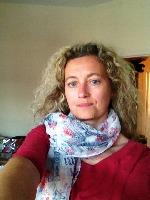Rachel MacGregor is Digital Preservation Officer at the University of Warwick
I’m writing this with the stardust of iPres 2022 still glinting on me and reflecting back on everything I did and everything I learnt at the conference. Everyone has a different conference – this one was no exception - and the packed programme meant that there was always going to be lots of stuff I will never catch up (although a great deal was recorded). You can read William’s blog about the organisation (which was amazing) – all I am aiming to do is to share some of my highlights and what I plan to do next with what I have learnt.
It was straight into a PREMIS tutorial hosted by Micky Lindlar, Eld Zierau and Karin Bredenberg who are, not to overstate the case, PREMIS supremos. The most impressive thing about the tutorial was that they genuinely demystified PREMIS and I came away from the session feeling like I could start to look at implementing it. I already had a use case in mind: for documenting manual normalisations (which is something I have dabbled with here and there as necessary) and is all part of a bigger plan to improve our organisational documentation strategy. The breakthrough moment for me was when the team pointed out that PREMIS did not have to be in xml – somehow something about the presentation of it had made me think this was necessary – and the idea of recording metadata in one of my beloved spreadsheets just made the whole process seem that much more achievable.
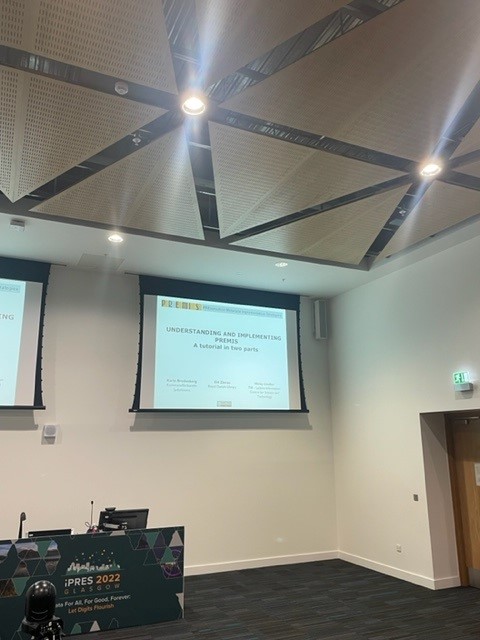
PREMIS workshop
Day two of the conference was a busy one for me – co-chairing a session and hosting a workshop. The keynote from Amina Shah, National Librarian and Chief Executive of the National Library of Scotland and opened the formal proceedings with a wonderful love letter to Scotland, including sharing a snippet of the film “From Scotland With Love” which for her both demonstrated the value of preserving Scotland’s cultural heritage and the creativity of allowing new interpretations.
I co-chaired a session with a broadly Environmental theme, first hearing from Dr Sarah Higgins who gave an overview of the work being implemented to ensure a holistic approach to data curation and preservation for the Dyfi UNESCO Biosphere in central Wales. Second up were Alex Kinnaman and Alan Munshower from Virginia Tech University examining their data curation processes in detail to try and enact some of the principles established in Pendergass et al’s influential work on this topic. Alex had not been able to travel but was able to contribute via Zoom – the first time I have interacted with a hybrid environment in this way and very good it was too. Next was Nathan Tallman discussing the work of MetaArchive and their work on sustainability in all its forms and finally Lotte Wijsman and Tamara van Zwoll introducing the work on environmental sustainability in the Dutch Digital Heritage Network. There was a lot of practical advice in these sessions and my takeaway will be to see where we can follow in the footsteps. Conferences are a great place to hear about initiatives which people are trialling and work being implemented which otherwise I wouldn’t have time to catch up on.
I will write separately about the workshop I delivered with my colleagues Anna McNally (University of Westminster) and Dr James Baker (University of Southampton) but the evening was a chance to celebrate our host city at a formal drinks reception with the Lord Provost of Glasgow at a hastily rearranged setting due to the period of National Mourning following the death of Her Majesty Queen Elizabeth. It was also a chance to celebrate twenty glorious years of the Digital Preservation Coalition and there was cake and a tartan scarf, which I duly pressed into service as a tartan sash for the Conference dinner and ceilidh (even though I do have a tartan of my own…).
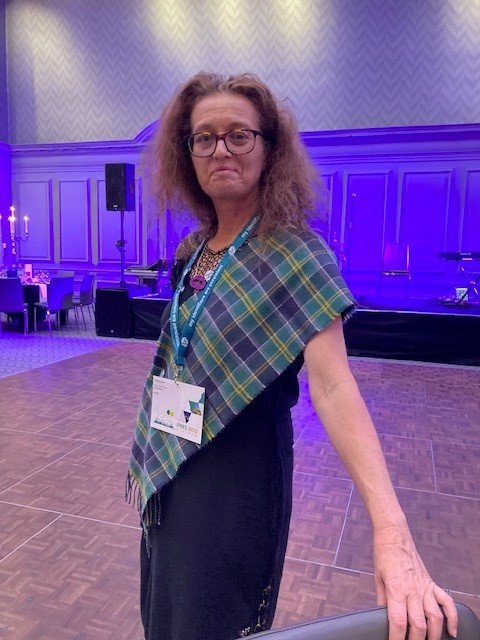
Ceilidh ready
Wednesday’s highlights for me were undoubtedly the keynote from Tamar Evangelestia-Dougherty, Director of the Smithsonian Libraries and Archives. I have long admired her via Twitter and her keynote pulled no punches in demanding of us to examine who we “invited” to the digital preservation table. I felt uncomfortable because I know that my practice is not always as open and participatory as it should be and so long as this is the case marginalised communities will remain exactly this.
My other highlight for the day was Dr Andy Jackson’s paper which proposed new ways of understanding digital preservation processes (and by coincidence it was the first time I heard OAIS get a mention at the conference). Another session challenging my thinking Jackson invited us to consider how we work as active choices and not just default options and how new models of thinking could help diminish the risk of missing elements of a workflow which do not “fit in” to current models and thus overlooking dependencies.
Thursday was my poster day and my colleague Laura and I presented our work on community building in sector and it was great to chat to people about this from across the world. The closing keynote from Steven Gonzalez Monserrate presented a bold and uplifting vision to the future beyond the hyper masculinised world of data centres… it would be impossible to summarise but he invited us all to think boldly and positively about the future we all face.
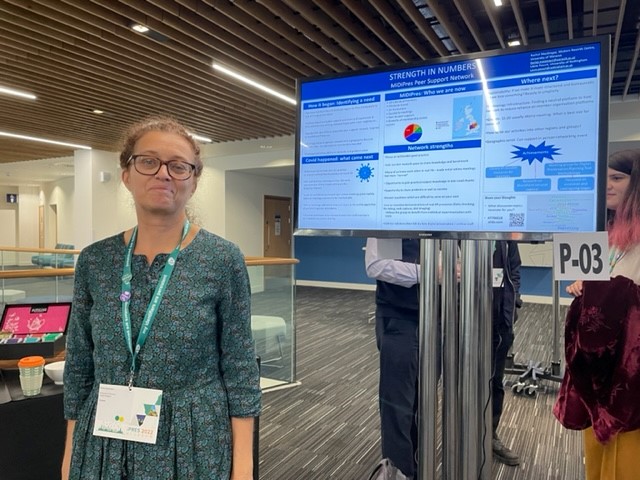
Poster fun
No conference is complete without a professional visit and I was delighted to be welcomed to the University of Glasgow and introduced to the work of the Hunterian Gallery and Museum. Both departments demonstrated their differing bold and innovative approaches to collections management – both in the conservation of art works and the decolonising work of the Hunterian Museum Collections led by Zandra Yeaman in the Curating Discomfort project which has much which the archives sector could draw from. Just before I sprinted for my train home I was overjoyed and jealous in equal measure to take a peek in the University of Glasgow Archival Forensic Lab which was every digital archivists dream location!
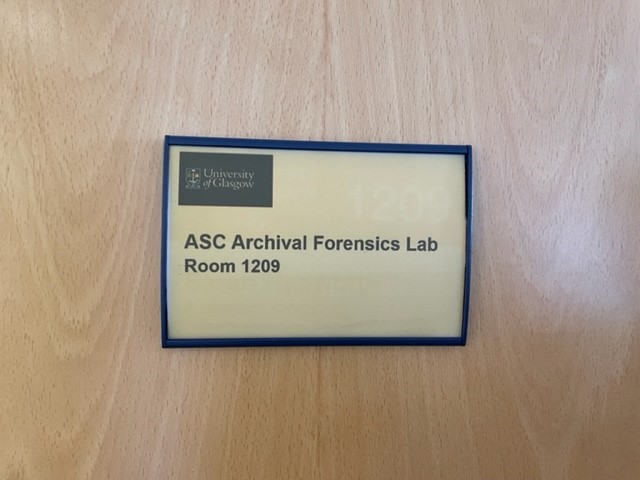
My happy place
Thank you Glasgow and the Digital Preservation Coalition for hosting – I have come home tired but enriched and full of new ideas and possibilities.












































































































































